Need
Feeding the world with our varieties
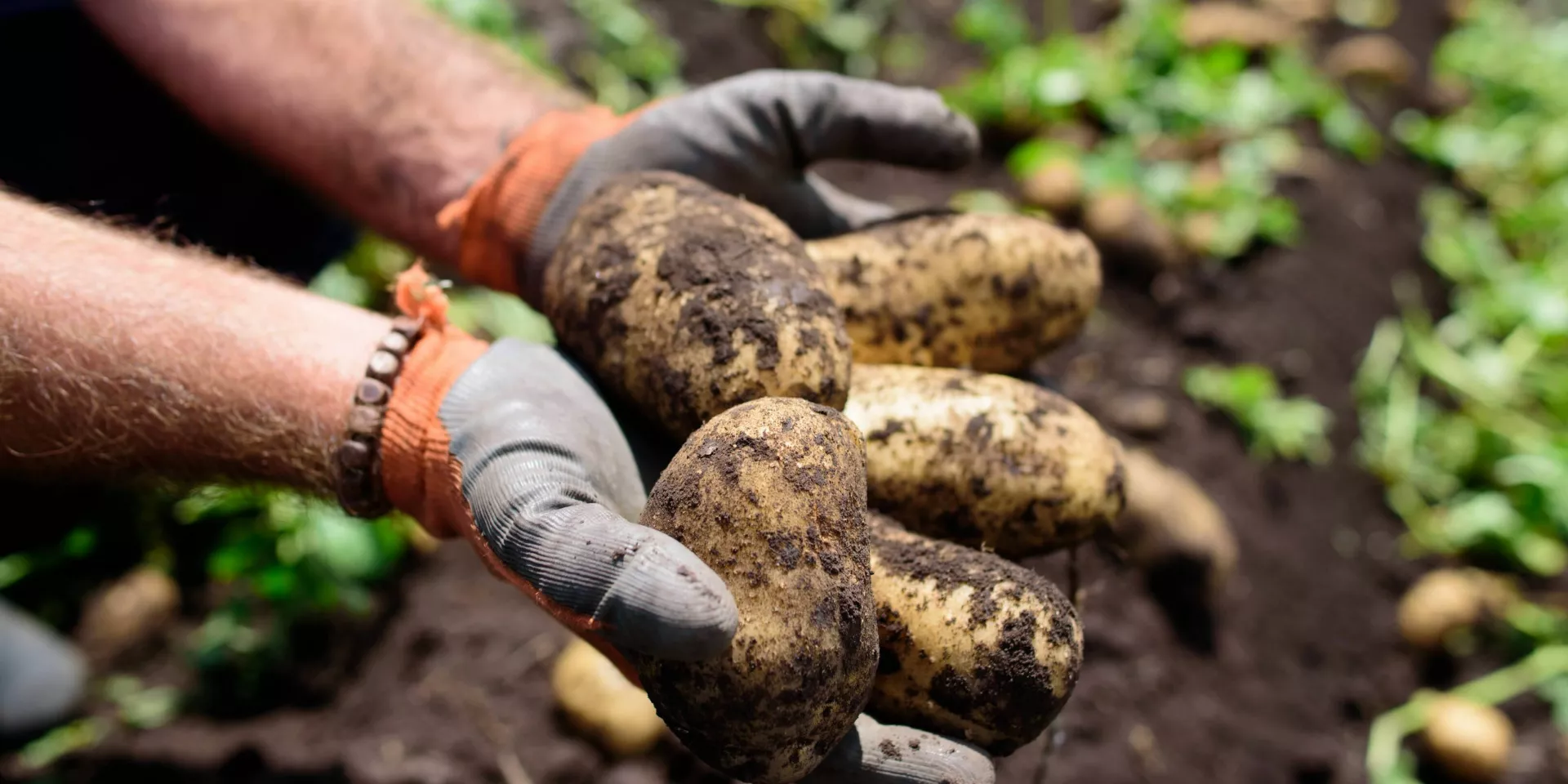
Feeding the world with our varieties
Developing responsible food for the world's population: that's what drives us every day at Royal HZPC Group B.V. We want to inspire and challenge others to join us. The demand for good quality, sufficient food is becoming increasingly urgent and, with the potato, we have an answer in our hands. But it will require resilience and confidence from us and our partners. Our confidence and resilience was certainly needed in 2023-2024.
Spring 2023 was exceptionally wet, preventing many growers in north-western Europe from planting until May. It remained cold and wet to begin with, but that was followed by several very warm and dry months. The potato plants set few tubers due to the lack of rain, resulting in low yields and remarkably high levels of oversized seed. Also, more seed potatoes were rejected.
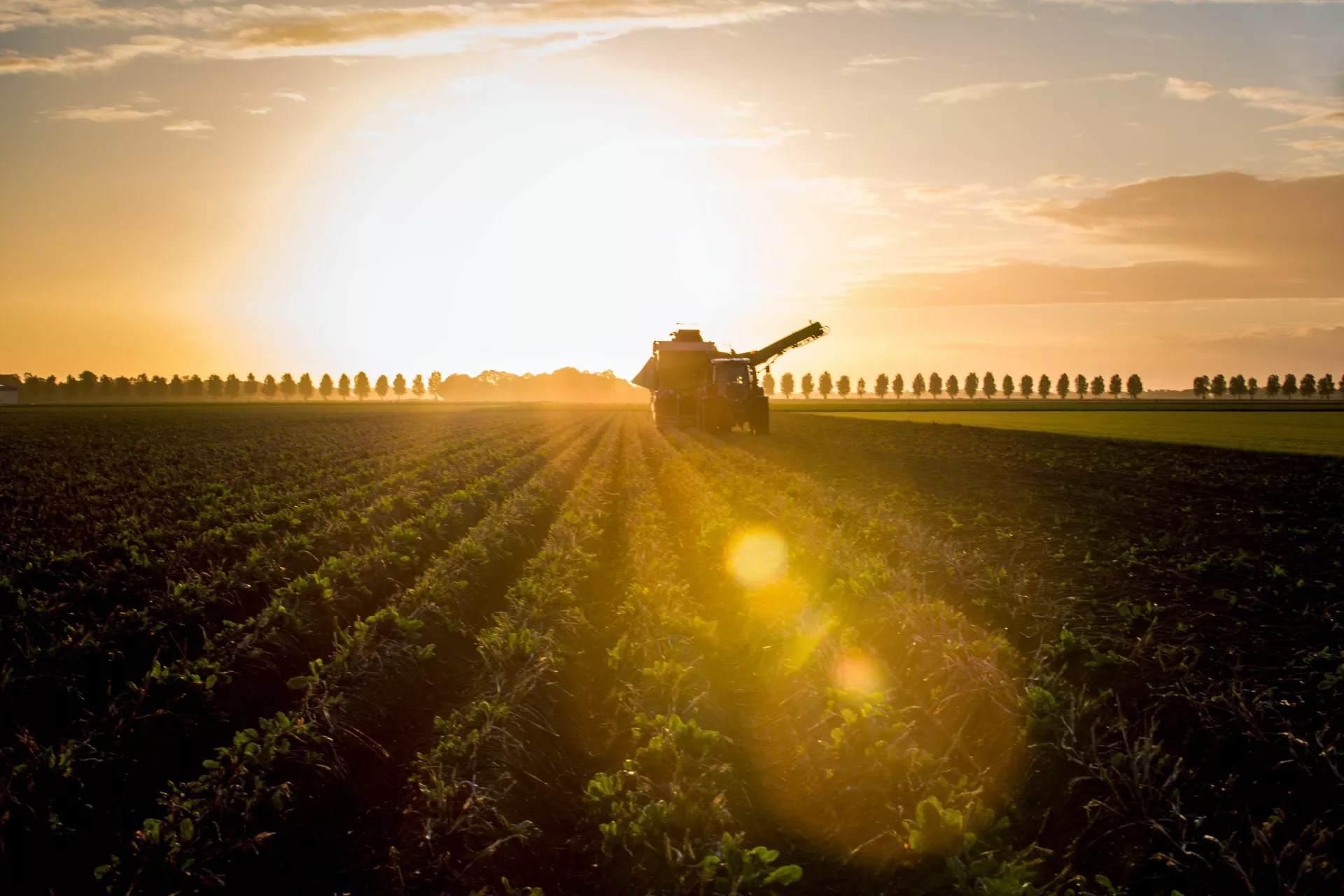
In early 2023, we saw another striking phenomenon: the fries industry increased contract prices for ware potatoes by a staggering 40 percent. An historic move with a direct effect on seed acreage. Among growers who grow both ware and seed potatoes, it led to changes at the expense of seed potato areas. And that makes complete sense: a good price for ware potatoes was guaranteed and the risk was reduced. As a result, the seed potato acreage in north-western Europe, especially France and the Netherlands, declined further.
A smaller acreage, more rejects and lower yields led to a sudden and substantial deficit. This shift shook up the fries manufacturers as they realised that, to meet the demand for ware potatoes, sufficient seed potatoes are needed too. This particular harvest certainly called on our ability to be resilient, but our customers and even governments had to demonstrate their resilience too. Together, we pushed boundaries. The largely strict requirements for seed size were abandoned out of necessity, but also on the basis of an understanding of the exceptional situation. We were able to significantly increase selling prices, which led to a much better payout to our growers. In the various producing countries, the price was 30-40% higher than last year.
The lack of volume certainly had an impact, but we still realised a volume (sales and licence) in 2023- 2024 of 940,963 tonnes and so, despite lower yields in the field, we almost managed to reach the volume of 2022-2023. (In 2022- 2023, we sold - sales and licence - 944,293 tonnes). So, at the end of the day, 2023-2024 was less successful than we had anticipated, but still represents a result we are proud of. In 2023-2024, we supplied 96 countries with direct and indirect sales.
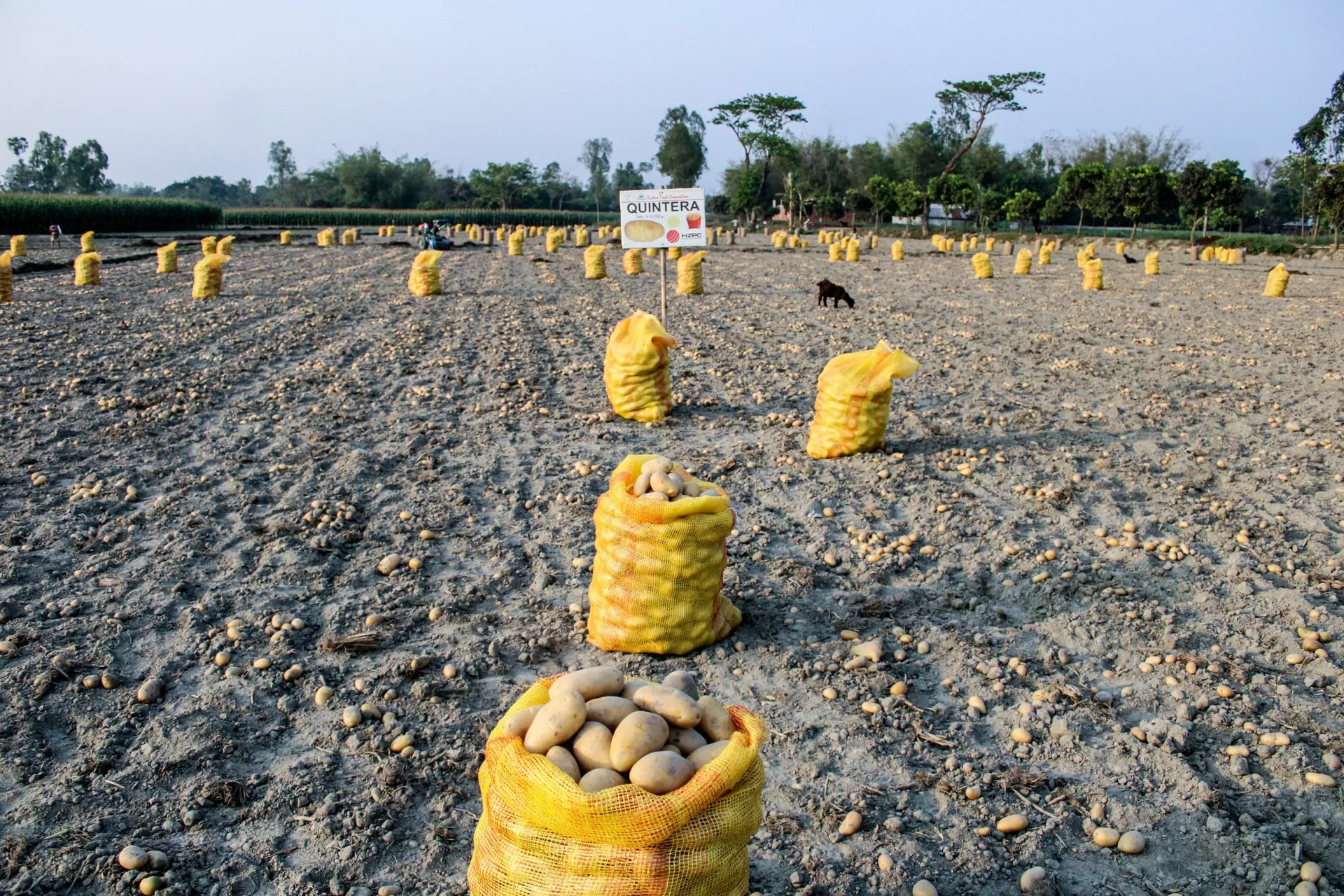
Taking our potatoes to places where there are high populations is a goal that requires an ever greater effort on our part. Only then can we make a substantial contribution to world food supplies. This growth, in turn, allows us to invest in the future. The potato, after rice and wheat, is an important and healthy crop that is incorporated into meals all over the world. In places where we are not allowed or able to take potatoes, we make our genetics available under licensed cultivation. On this front, we are making significant strides on several continents and, with a global market share of 4% in seed potatoes, there is still a world to be conquered.
We see the positive result of our Mahindra HZPC joint venture in India continuing in 2023-2024, ten years after we started there. We have established a leading position in the country, partly thanks to the direct contracts STET signed with the Indian potato industry. Indian seed potato companies are also becoming increasingly interested in our varieties. A great example is our Colomba variety: this produces good yields in the short Indian growing seasons. In China, we are increasingly gaining a foothold in the fresh produce market. The decision to bet on licensed cultivation in America from 2017 has also proved fruitful. We are on course for 100,000 tonnes next year. In 2017, it was only 40,000 tonnes. We are also strengthening our position in Africa. There, we deliver seed potatoes directly to the north and our varieties are grown under licence in the south. And in western Africa and Tanzania, we are taking the necessary steps.
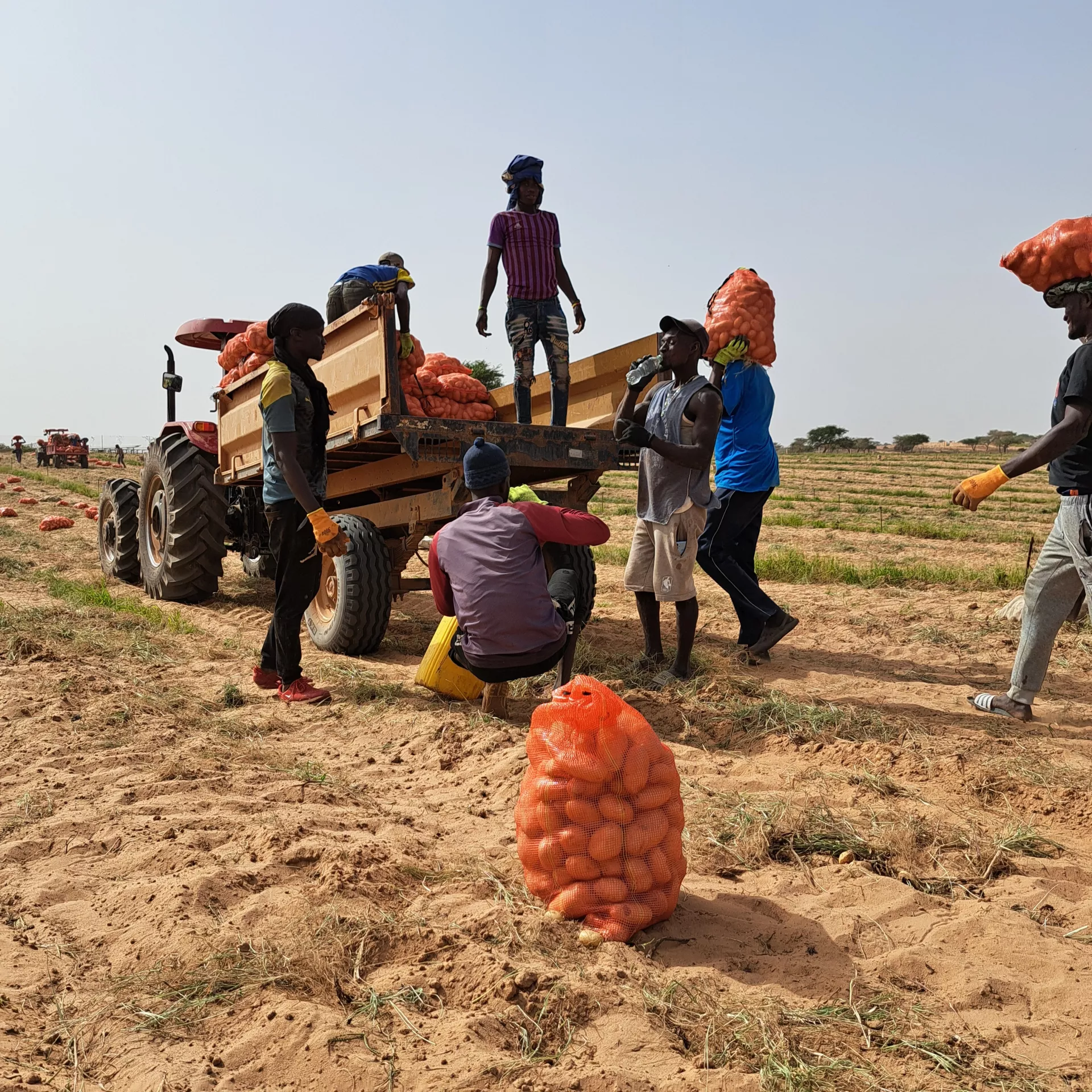
Royal HZPC Group B.V. deliberately supplies seed potatoes to conflict areas but there are, of course, risks involved. In autumn 2022, Royal HZPC Group B.V. supplied Sudan. War has now erupted there and the country is experiencing problems with its payment systems. Although we have since ceased direct deliveries to Syria, we still delivered seed potatoes there in 2022. We have had to make a provision on a number of payments in this financial year because payment is still uncertain.
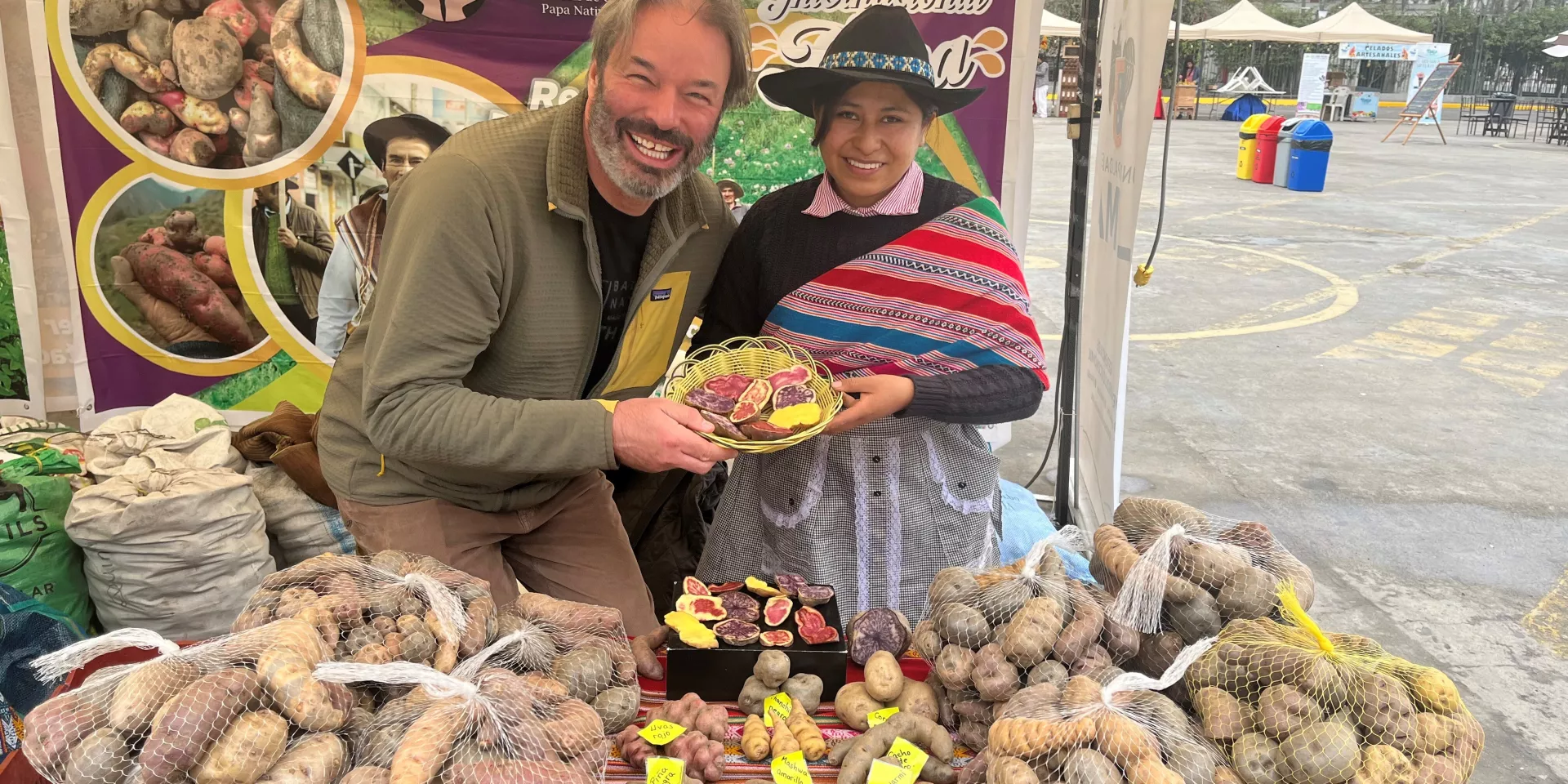
Associate professor of seed systems and agrobiodiversity and researcher for the Andean region at CIP
High in the Andes in Peru, where the potato originated, hundreds of farming families maintain traditional national varieties and, in turn, biodiversity. It’s important work for which they have received very little recognition or compensation. This has now changed. HZPC and the International Potato Centre (CIP) are working directly with these farmers in the AGUAPAN Association, which celebrates its 10th anniversary in 2024. Stef de Haan is involved in AGUAPAN due to his role with the CIP.
Farming families are regarded as 'guardians’ who maintain as many as 50 to 300 ancient potato varieties. Their work is of immeasurable value but, despite this, they live in poverty and have limited access to healthcare and education. This is a striking contradiction. By partnering with AGUAPAN, we are preserving genetic wealth together, while improving farmers' welfare.
Until the 1990s, scant attention was paid to farmers’ contribution to biodiversity conservation and there was certainly no clear recognition of their role. In 2001, the 'farmer rights' clause in a special treaty for agricultural crops put an end to that situation and meant that farmers received financial compensation. Unfortunately, however, while the political intentions were good, the distance between business and farmers proved too great.
Stef de Haan: ''In 2014, I tried to build a bridge between the private sector in the Netherlands and farmers in the highlands of Peru. So that money from the sector went directly to them. HZPC was the only company involved. At an initial meeting with 50 farmers, AGUAPAN was founded.”
HZPC provides a financial contribution to around 50 families. They decide what to do with the money, e.g. they may buy manure or hire workers or they could use the money for educating their children. You can think of it as a 'payment for environmental services', as given to beekeepers. There is now a waiting list and the association has earned national and international acclaim. The organisation is a model for other countries and heritage crops, such as quinoa and cocoa.
Stef de Haan: ''We call these farmers guardians or custodians. The potato in Peru is like wine in Spain or cheese in France. You can think of it as cultural heritage. Farmers feel a deep connection with the crops they grow and each area has its own varieties. In 2021, I mapped varieties in two regions using genetic markers. There, thirteen farmers maintained as many as a thousand national varieties. Of these, 88 unique varieties were not yet in our gene bank even though it was long thought that we had already mapped all the ancient varieties.”
Whereas, in the rest of the world, biodiversity is disappearing, Peruvian farmers are actually maintaining it
Farmers still use the same methods they used centuries ago, with minimal impact on the environment. Whereas, in the rest of the world, biodiversity is disappearing, Peruvian farmers are actually maintaining it. The evolution of these ancient varieties continues and, as a result, we keep making new discoveries. Researchers are referring back to these varieties in their search for new potato traits, particularly when it comes to sustainability properties.
An agreement has set out that the CIP may include the varieties in the gene bank to safeguard varieties for food security and future generations. If a farmer does lose a variety, the CIP will return the material to the farmer. It is a very special collaboration. CIP spent a long time collecting
as many genes as possible for breeders to use. There was, however, a deep-seated feeling of exploitation among farmers. Our collaboration to preserve biodiversity and knowledge can be seen as a genuinely historic development. Along with the fact that farmers are now being recognised for their efforts.